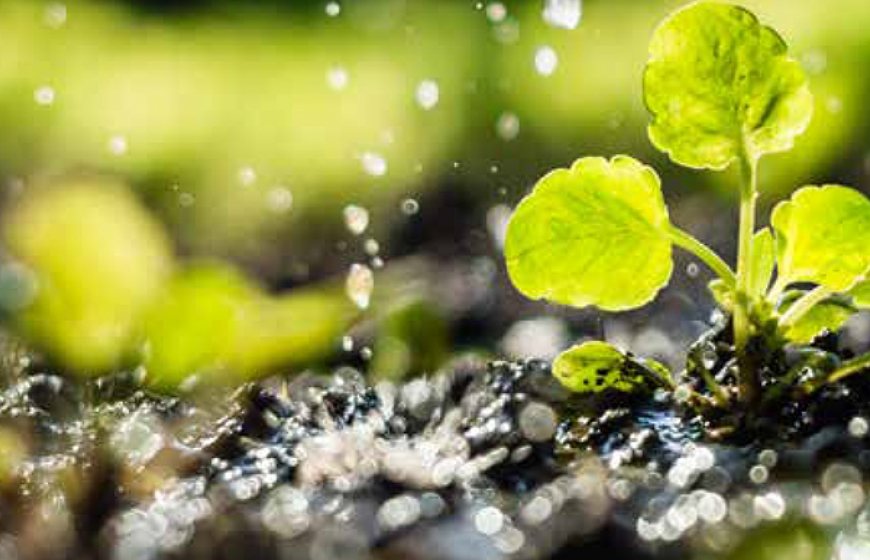On 21 April, researchers, water tech entrepreneurs and Dutch growers came together in an online webinar entitled ‘Water in Horticulture’. The webinar centred around the topics: circular water use; water storage; internal water quality; and recovery and reuse of fertilisers. The participants jointly concluded that there are plenty of business opportunities, but that commercial gain will not come by itself. Research and business must keep working together intensively. If they do so, and if they choose a cross-sectoral approach, this will lead to innovative solutions that will not only be valuable for the Netherlands, but for the entire world.
The webinar was organised by two of the Dutch Top Consortia, TKI Water Technology and TKI Horticulture & Starting Materials, in collaboration with the Netherlands Water Partnership (NWP), Water Alliance and Envaqua. With more than 70 participants, the session had representative views on current and upcoming challenges, as well as solutions and opportunities in water in horticulture.
Challenges
Some of the current challenges were presented by Jim van Ruijven, researcher at NWP member Wageningen University. He outlined the complex recycling processes that Dutch growers must deal with, especially when using crop protection products. In 2021, it will be mandatory for all companies using these products to purify their discharge water and remove at least 95% of the products. Looking further into the future, there is more ambitious legislation coming up. Stricter European and national legislation will require the sector to become emission-free by 2027, also implying a more efficient use of water. Another major challenge in terms of water recirculation is the ability to selectively remove inorganic and organic substances the water that are harmful to plants.
Dutch solutions
Other speakers presented a wide array of innovations, solutions and ideas. For example, Willem van Baak of WaterFuture showed how sodium can be efficiently removed from recirculating water. Cees de Haan of Agrozone talked about the use of ozone to disinfect water used for cultivation. Marcel Paalman of NWP member KWR Water Research Institute spoke about his research into the reuse of residual water flows and water quality in greenhouses. And Hugo Vreugdehil of the Delfland Water Authority provided information about Rainlevelr, a project aimed at preventing floods after excessive rainfall by temporarily keeping water in growers’ water basins.
Read the full article via: Netherlands Water Partnership




